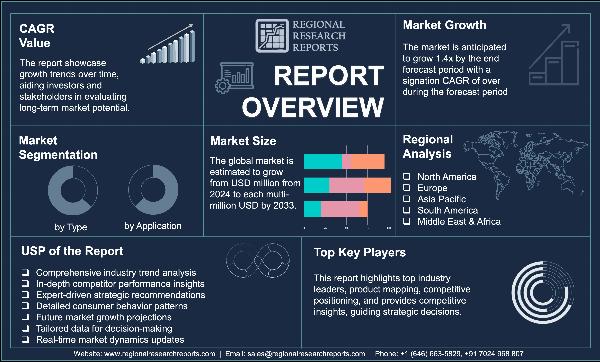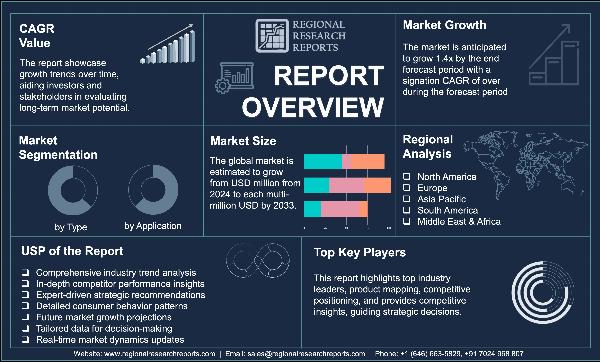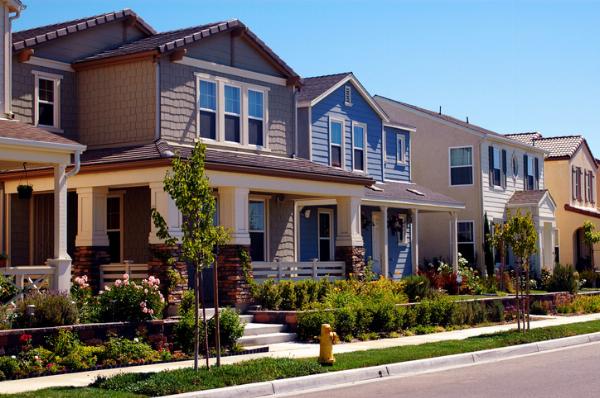 HARO Backlinks – Get Cited Like a Pro in Top Media!
HARO Backlinks – Get Cited Like a Pro in Top Media!
Indonesia Real Estate Market in 2025: Trends, Challenges, and Opportunities
Written by Mark William » Updated on: June 17th, 2025

The Indonesia Real Estate Market in 2025 is shaping up to be one of transformation, driven by evolving economic conditions, technological advancements, and changing consumer preferences. As Southeast Asia's largest economy continues to expand, the demand for residential, commercial, and industrial real estate is surging. Investors, developers, and homebuyers alike are navigating a rapidly shifting landscape, full of both opportunities and challenges.
Key Trends in Indonesia’s Real Estate Market in 2025
1. Booming Urbanization and Infrastructure Development
Indonesia's urbanization is progressing rapidly, with the population increasingly migrating to cities in search of better job opportunities, education, and healthcare. Jakarta, Surabaya, and Bali are already experiencing intense growth, but smaller cities like Makassar and Medan are emerging as attractive alternatives. The government's push for improved infrastructure, such as transportation networks, toll roads, and public transit systems, is fueling demand for real estate in both major and emerging urban areas.
2. Sustainability and Eco-Friendly Developments
Sustainability is at the forefront of real estate development in 2025. Eco-consciousness is gaining traction, especially among millennials and Gen Z homebuyers, who prefer sustainable living options. Developers are responding to this trend by integrating green technologies, such as solar panels, rainwater harvesting systems, and energy-efficient appliances into new residential and commercial buildings. The Indonesian government’s focus on green building standards is also encouraging developers to embrace sustainability in their projects.
3. Technology Integration
The rapid advancement of technology is transforming Indonesia’s real estate market. Smart homes, digital property platforms, and virtual tours are becoming commonplace. Virtual reality (VR) and augmented reality (AR) are allowing buyers to explore properties remotely, streamlining the decision-making process. Furthermore, the adoption of blockchain technology in property transactions is increasing transparency, reducing fraud, and speeding up the buying process. As these technologies continue to evolve, they will undoubtedly reshape the way properties are bought, sold, and rented in Indonesia.
4. Increasing Demand for Affordable Housing
As the middle class in Indonesia grows, demand for affordable housing is rising. While the luxury and premium segments of the market continue to thrive, there is a noticeable shift toward more affordable housing solutions, particularly in suburban areas and smaller cities. The Indonesian government is taking steps to address this demand by introducing policies aimed at encouraging the development of affordable housing projects. Developers are expected to focus on building compact, cost-effective homes that cater to first-time buyers and young professionals.
5. Commercial Real Estate Expansion
The commercial real estate sector is seeing significant growth in 2025, particularly in the office, retail, and logistics sectors. As businesses increasingly return to physical offices post-pandemic, demand for office space is picking up. The retail sector is also evolving, with mixed-use developments combining commercial and residential spaces to meet the changing needs of urban dwellers. Meanwhile, the logistics and warehousing sectors are booming due to the rise in e-commerce and the need for more distribution centers across the archipelago.
Challenges Facing Indonesia’s Real Estate Market
Despite these promising trends, the real estate market in Indonesia faces several challenges in 2025. Rising construction costs, limited land availability in urban areas, and regulatory hurdles can slow down development. Additionally, while foreign investment is on the rise, political uncertainty and fluctuating exchange rates can pose risks to international investors.
Opportunities for Investors and Developers
For savvy investors and developers, Indonesia's real estate market offers abundant opportunities. With urbanization, infrastructure improvements, and technological innovations driving growth, those who focus on emerging cities and sustainable developments will be well-positioned to reap the benefits. Furthermore, catering to the growing demand for affordable housing and commercial properties is an avenue for significant returns.
For More Info https://www.gmiresearch.com/report/indonesia-real-estate-market/
Conclusion
Indonesia real estate market in 2025 is dynamic, with immense potential for growth. Urbanization, sustainability, technological advancements, and an increasing focus on affordable housing are shaping the future of real estate. While challenges remain, the opportunities are vast for those willing to invest in this thriving sector. As the market evolves, Indonesia remains an exciting and promising destination for real estate investment.
Note: IndiBlogHub features both user-submitted and editorial content. We do not verify third-party contributions. Read our Disclaimer and Privacy Policyfor details.
Copyright © 2019-2025 IndiBlogHub.com. All rights reserved. Hosted on DigitalOcean for fast, reliable performance.

















